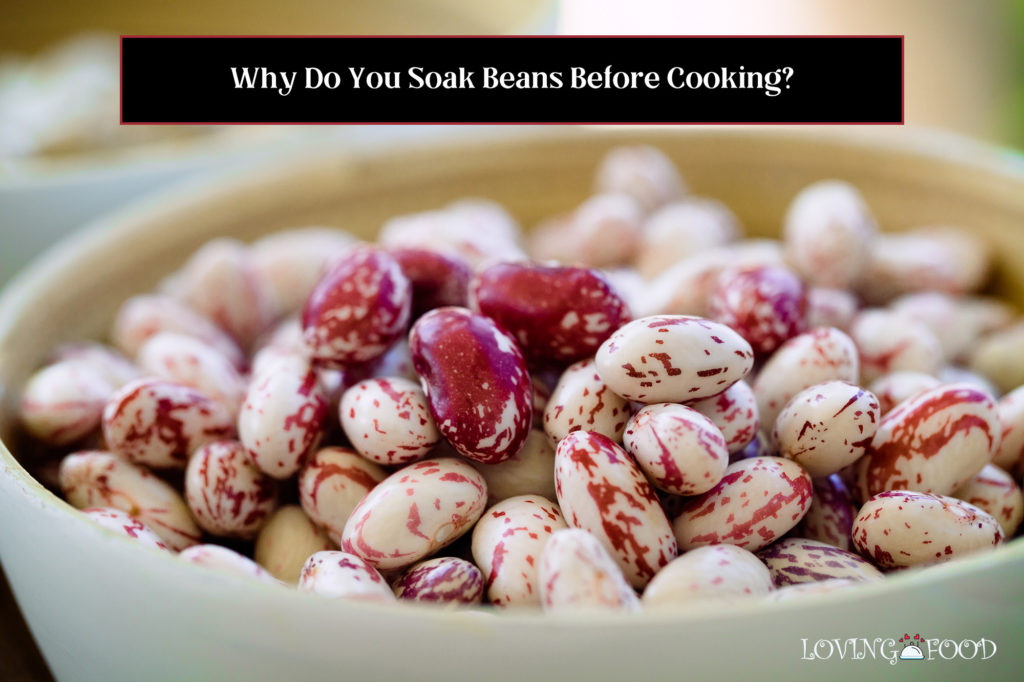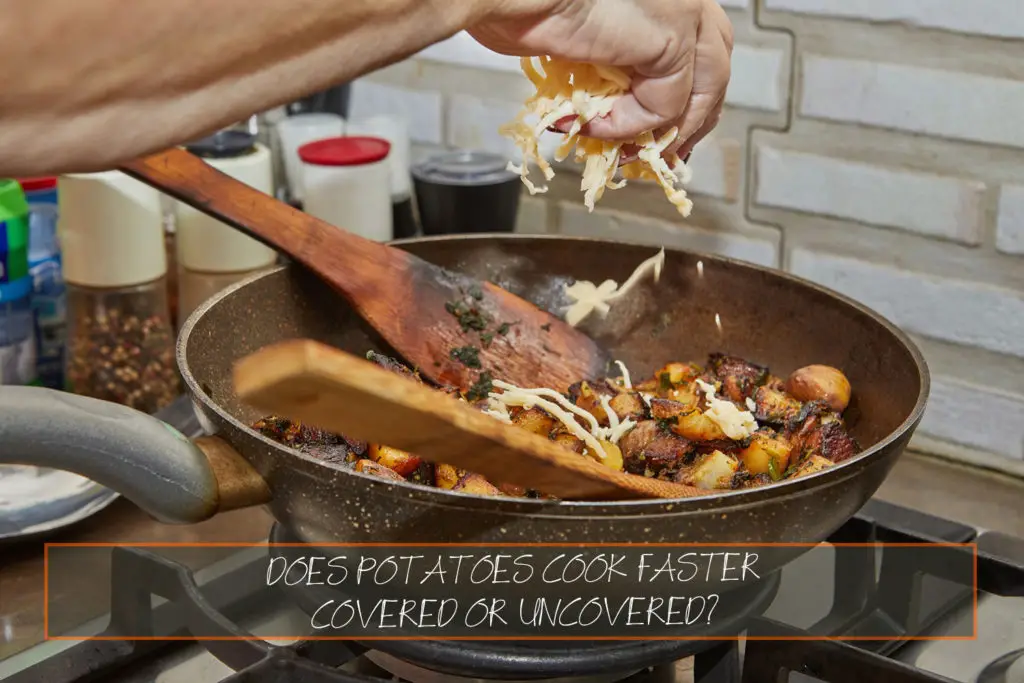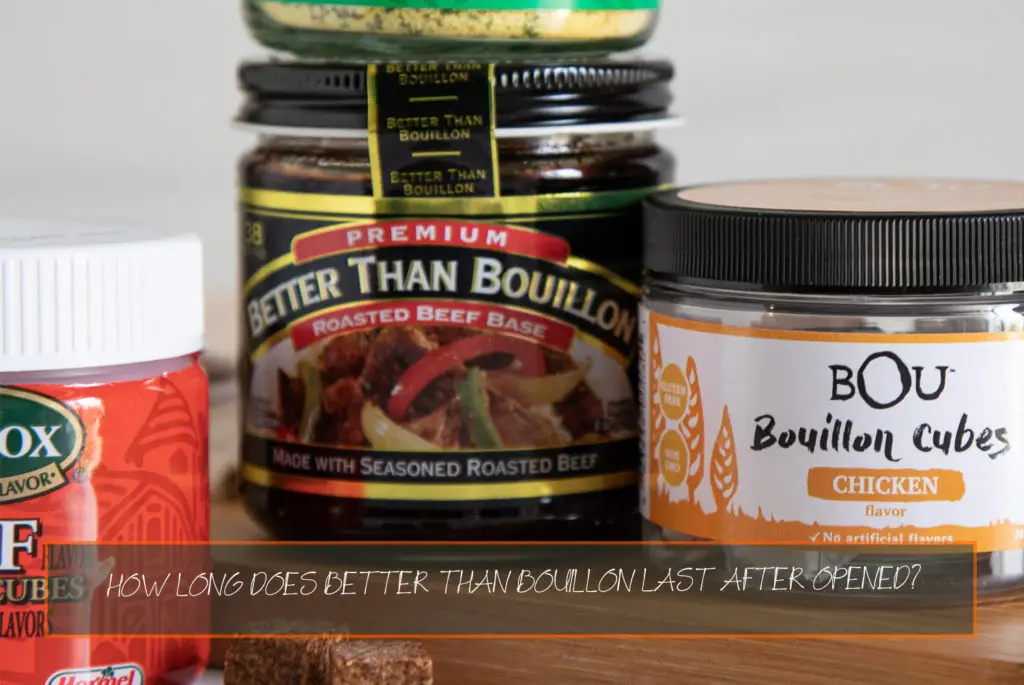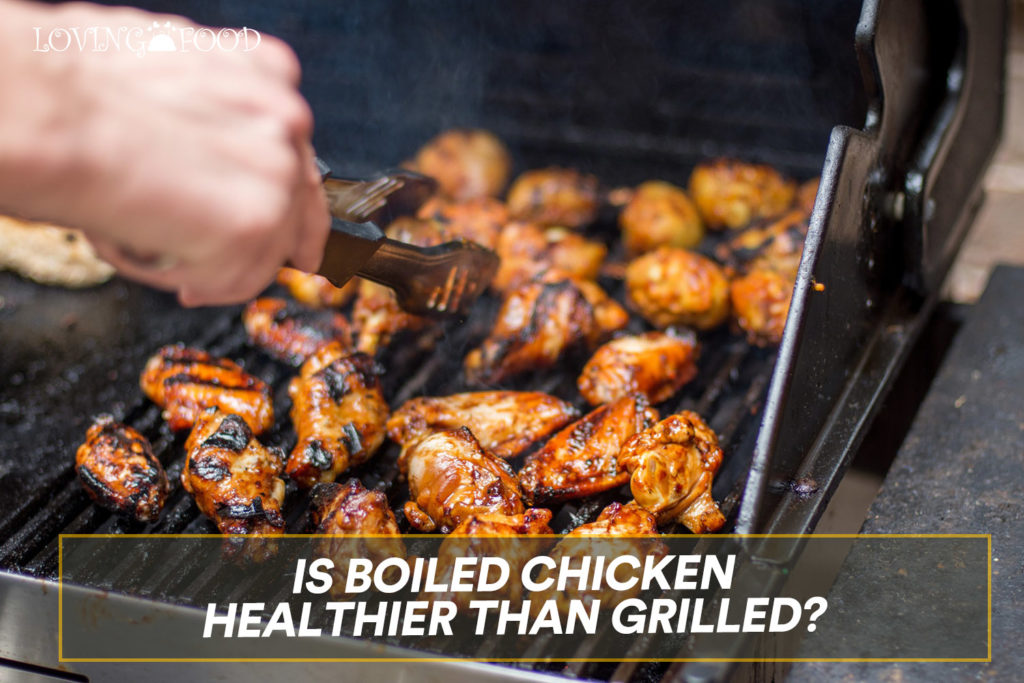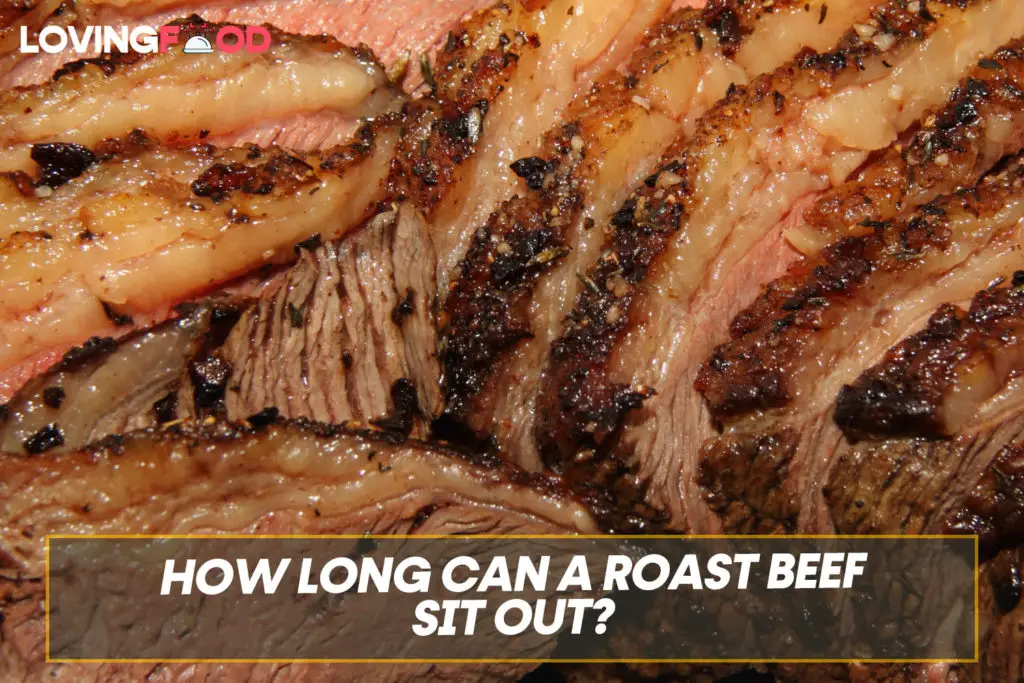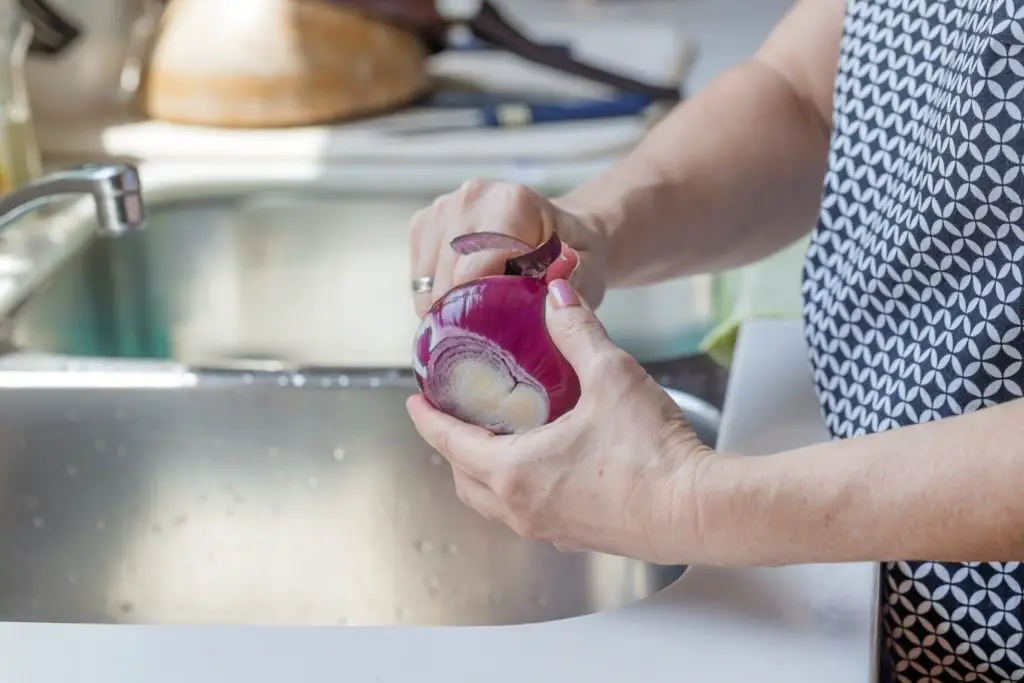Why do you soak beans before cooking? The idea behind soaking beans is to make them cook faster, and thoroughly and prevent bloating and flatulence.
Different people would cook the same cups of beans in several different ways. Some people decide to soak their beans and would fight the idea tooth and nail, while some others consider it a mere myth and a waste of time.
Confusingly, recipes that strongly advise soaking beans are everywhere on the internet today. Are you preparing to cook some cups of beans, and you’re bothered by these uncertainties, or maybe you want to have straight answers because you’re tired of staying curious?
Is it necessary to soak your beans before cooking? Are there any benefits when you soak your beans? Does soaking beans reduce gas? What do you do if you don’t want to soak your beans before cooking? This article will provide you with the answers you need.
Why Do People Soak Beans Before Cooking?
There are four reasons people soak beans before cooking them. All of these are hinged on achieving a properly cooked pot of beans that can be confidently enjoyed without having to worry about a long cooking time, indigestion, or flatulence.
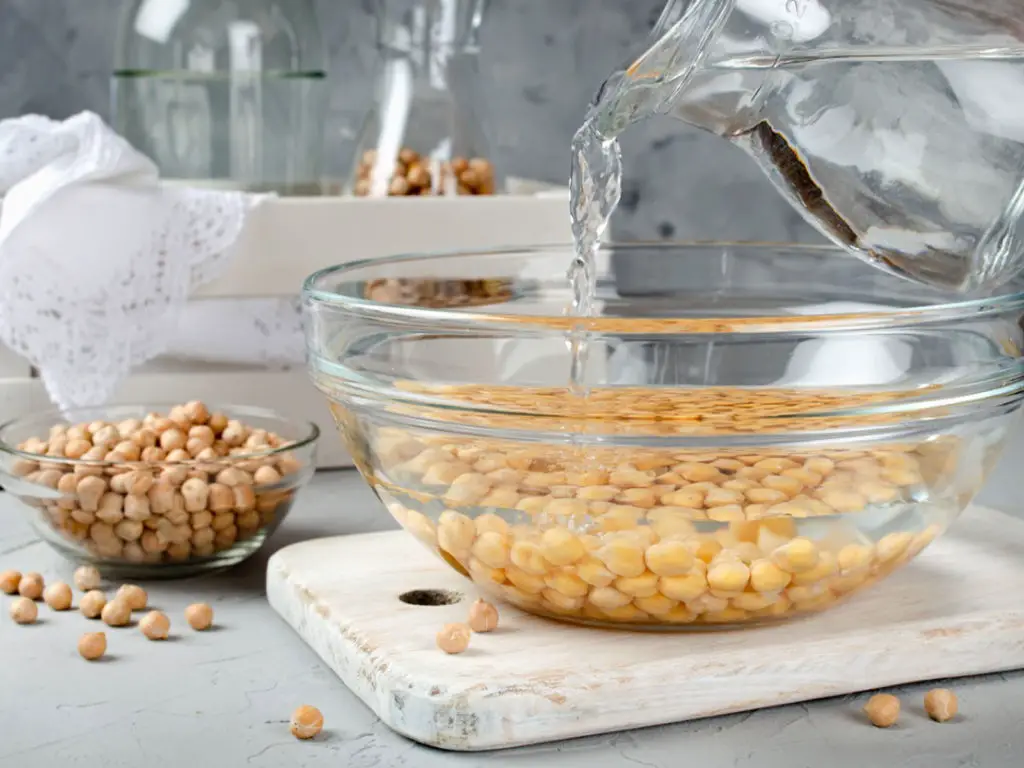
1. To Make It Cook Faster
Generally, beans have thick skins and are made up of complex sugars that make them hard, so it takes a lot of time to cook (about 2 hours). However, soaking beans in salty water before cooking breaks down their complex sugars and skins, making them hard to cook.
Note: The time difference between soaked and unsoaked beans varies depending on the type and age of the beans. Small beans cook faster than big ones. Aged beans that have stayed long in the pantry, take longer to cook than fresh ones.
2. To Make It More Tender
As explained earlier, soaking beans break down their skins. So as much as it makes them cook faster, it also guarantees a good level of tenderness after cooking.
3. To Avoid Bloating
Experiencing bloating after eating beans can be annoying. Oftentimes, people who don’t eat beans regularly get disturbed by it. The oligosaccharides in the beans make them experience stomach distress from uneasy digestion. It is believed that when beans are soaked, it absorbs water and dissolves the starch resulting in intestinal discomfort.
4. To Avoid Flatulence
Many people have a problem with eating beans because it makes them release gas. It is however believed that soaking the beans before cooking breaks down the complex sugars that cause the production of those gases.
Does Soaking Bean Truly Reduce Flatulence?
It is a long-standing belief that soaking beans reduces flatulence, but proper research was never done. Gregory Gray, who has been studying beans for 10 years at the US Department of Agriculture, found that soaking beans may shorten the cooking time, but it does not affect flatulence.
Loius B. Rockland, owner of a Food-Tech Research firm in Placentia, who has also been studying beans even longer than ten years made the same remark. According to him, there are two reasons beans cause flatulence.
1. It Is High In Fiber
We mentioned earlier that people who don’t eat beans regularly are more susceptible to flatulence. Generally, most Americans don’t each much of a diet containing fiber, so they cannot escape flatulence after eating beans.
2. Contains Complex Sugar
Beans contain complex sugars (alpha-galactosides). Unfortunately, the human body does not produce enzymes to digest these sugars. This however causes the beans to pass through the stomach undigested until they reach the large intestine where they ferment and produce gases.
Surprisingly, soaking beans in cold water does not reduce those complex sugars. Beans need these sugars to grow. They however contain cells that act as walls that are still very functional even while the beans are soaked. They allow water into the beans but do not allow the nutrients (including the sugars) to escape.
Methods Of Soaking Beans
There are two main methods of soaking beans, depending on the amount of time you have in your hand and the result you want to achieve.
1. Long Soaking
This type of soaking is usually done overnight. It entails:
- Covering the beans with water by at least 2 inches
- Adding one tablespoon of fine salt
- Leaving it to soak for like 7 to 11hrs
- Draining, rinsing, and cooking.
2. Quick Soaking
This is the type of soaking done when you don’t have much time or probably can’t wait to eat your beans. In this case:
- Boil the beans for some minutes
- Turn off the fire and allow it to soak for a minimum of one hour
- Drain, rinse and start cooking again.
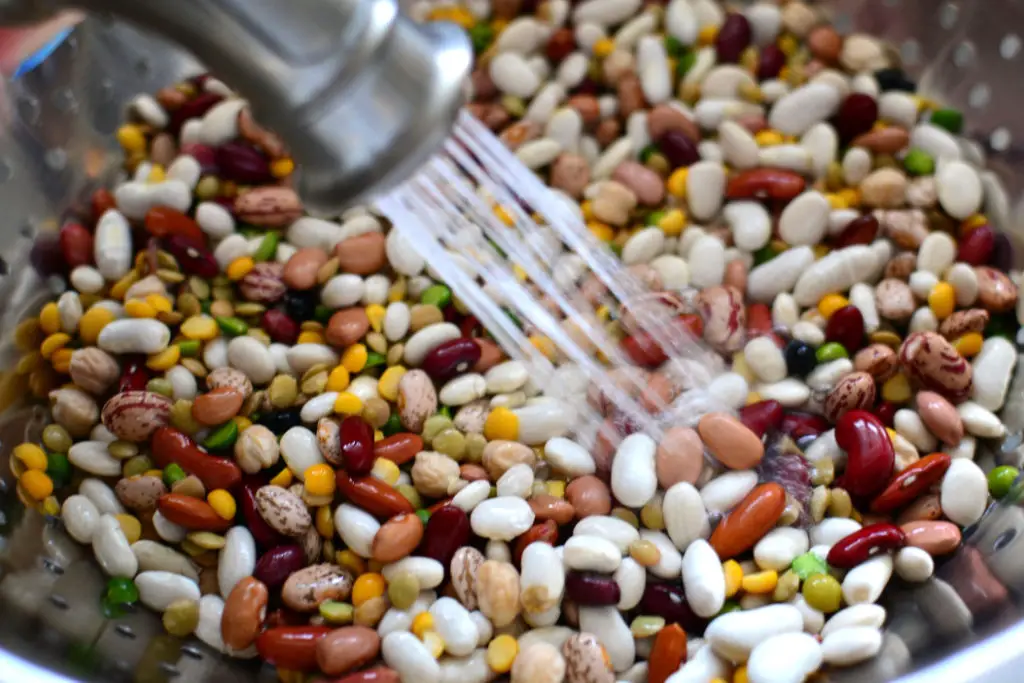
What to Consider When Soaking Beans
Do not soak at all or use the quick soaking method. We would explain why we advise you to use any of these methods considering three factors:
1. The Cooking Time
As we have explained earlier, a major reason for soaking beans before cooking is to cut down on the long cooking time. However, some studies have shown that the time difference between soaked and unsoaked beans is barely 20 minutes.
It is however irrational that you spend 7hrs (for a long soaking) waiting for your beans to soak, and in the end, the only time it saves you is 20 minutes or thereabout.
However, don’t forget that the cooking time of beans depends on the type and age of beans. Some soaked beans can save you 45 minutes of your cooking time.
The Lesson: If your central reason for wanting to soak your beans is to cut down on the cooking time, it’s not worth it. At most, use the quick-soak method. That takes about one hour.
2. Flavor
It has been observed over time that beans are sweeter in the water where it starts soaking or boiling. In other words, beans cooked from the scratch are usually sweeter than beans soaked before cooking. This is because the flavor that is meant to accompany your beans is released into the soaking liquid which is later thrown away.
The Lesson: If you would soak your beans, ensure you don’t throw the soaking liquid away; cook your beans in it.
3. Texture
Soaking beans indeed improves their texture, and you do not have to worry about hardness in any way. On another consideration, beans soaked before cooking tends to break apart when it’s finally done cooking. Meanwhile, beans that are cooked in soaking liquid retain their texture better, tasting well-cooked and firm at the same time.
The Lesson: Do not soak your beans for long, use the quick soak method.
Frequently Asked Questions
Here are some of the most asked questions on the web on soaking beans before cooking, we hope these answers help.
Is it necessary to soak beans before cooking?
No. Soaking beans does not save as much time as envisaged. It does not reduce flatulence too, so you can just cook your beans in hot water from scratch.
What is the benefit of soaking beans?
It shortens cooking time. In any case, soaked beans cook faster than unsoaked beans, no matter how small the difference in time. It guarantees a good texture too, as long as you don’t over soak it.
Does soaking bean reduce gas?
No, soaking beans does not reduce gas. It may shorten the cooking time, but it does not affect flatulence.
What to do if you don’t want to soak beans before cooking?
If you do not want to soak your beans before, ensure the beans are not old and are small-grained (like pinto). Cook directly in hot water afterward and ensure you keep the lid on. All of these contribute to fast cooking.
Final Thoughts
It has not been research-proven that soaking beans aid their digestion.
The belief that soaking your beans reduces flatulence can be considered an old wife tale. Beans always cause flatulence, though the extent differs from person to person.
The cooking time of beans depends on the type and age of the beans you’re cooking, so you should put them into consideration when deciding whether to soak your bean before cooking or not.
Keep reading:
